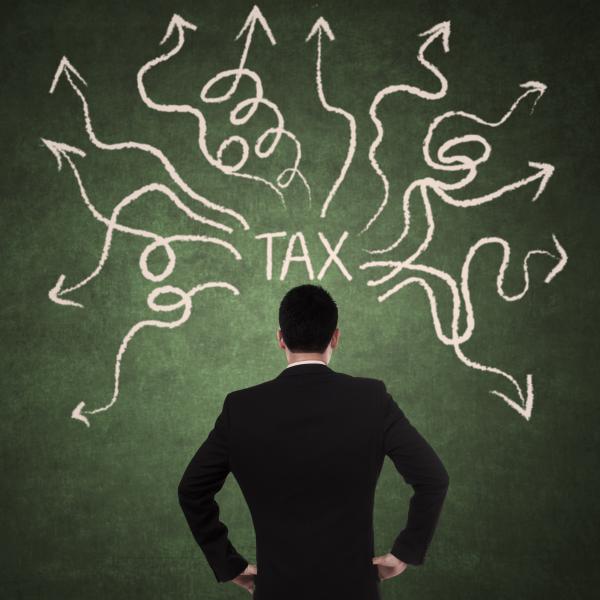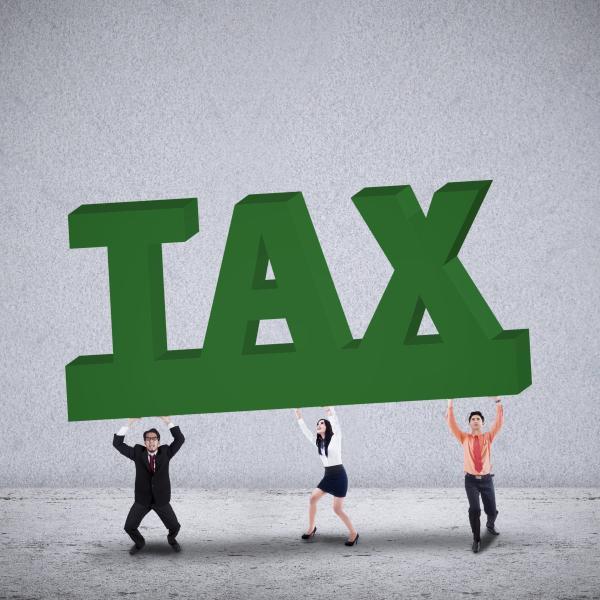Careers in tax
'In this world nothing is certain except death and taxes'
Benjanim Franklin may have written the above in a letter in 1789 but careers in tax have been around since biblical times. The famous Rosetta Stone which dates back to 196 BC is inscribed with one text, in three different languages, which is a decree from King Ptolemy V Epiphanes, stating that the local priesthood would not have to pay any taxes if they recognised him as a god on earth. As such, this is a very early example of a reigning monarch using tax to try to influence behaviour and shape society around them.
Across history the strangest things have been taxed, including windows, cow's urine, patterned wallpaper, playing cards, and beards!
Income tax was the first tax in British history to be levied directly on people's earnings. It was introduced in 1799 by the then Prime Minister, William Pitt the Younger, as a temporary measure to cover the cost of the Napoleonic Wars. To this day it remains a temporary tax which expires on April 5 each year, and has to be renewed as a provision in the annual Finance Bill.
Modern day careers in taxation offer a huge amount of variety and intellectual stimulation - with every budget the tax rules change and individuals and businesses need help and advice navigating complex tax legislation.
Every area of your day-to-day life is impacted by tax, whether it be the food you eat for breakfast, the oil, electricity or gas you use to heat your house, or the road that you travel to college or work on. The things that we take for granted in a civilised society such as hospitals, schools, transportation routes, fire services and police forces are all paid for by taxation. Tax professionals help individuals, businesses and charities to pay the right amount of tax to keep them compliant - work dealing with tax returns and the reporting of tax to the Revenue authorities such as HMRC is called tax compliance.
(For more information about the history of tax see our page of historical references and resources.)


















